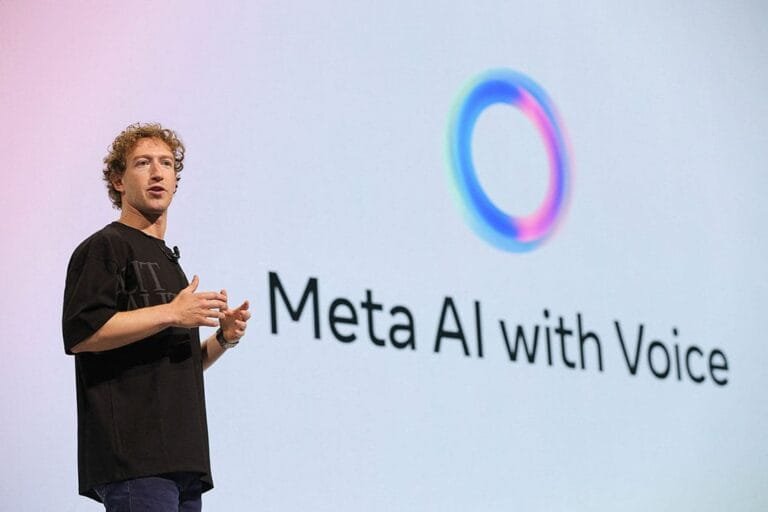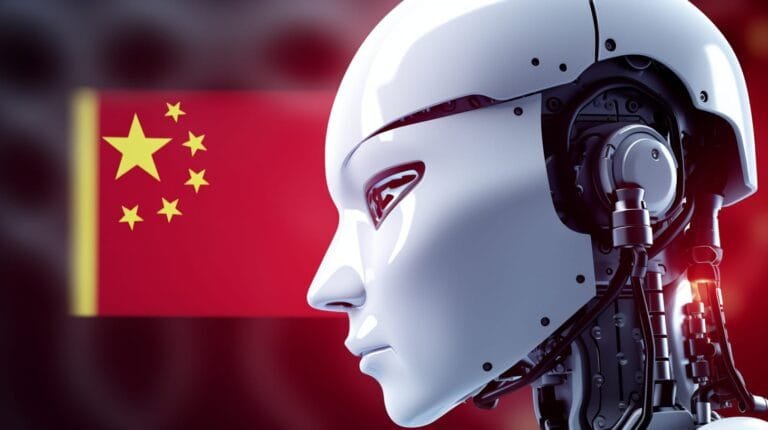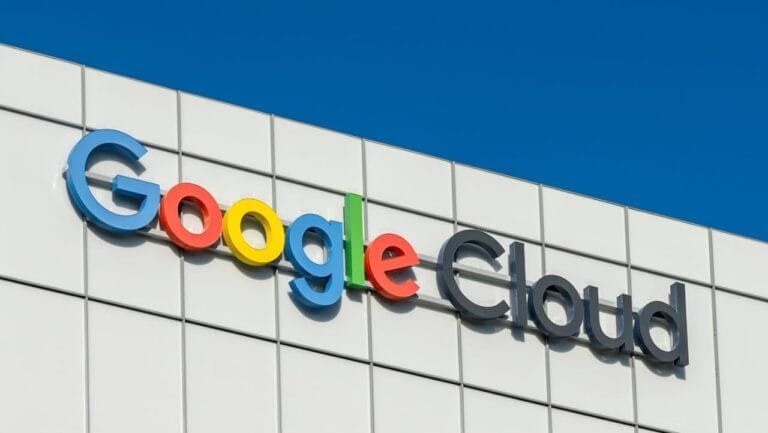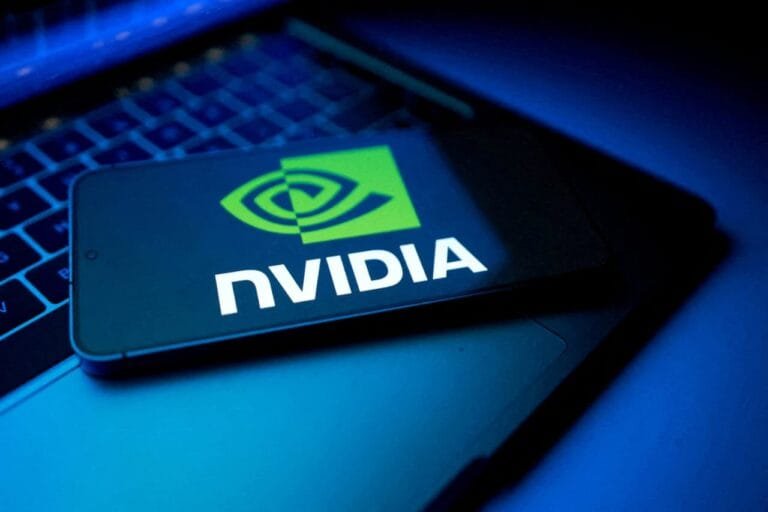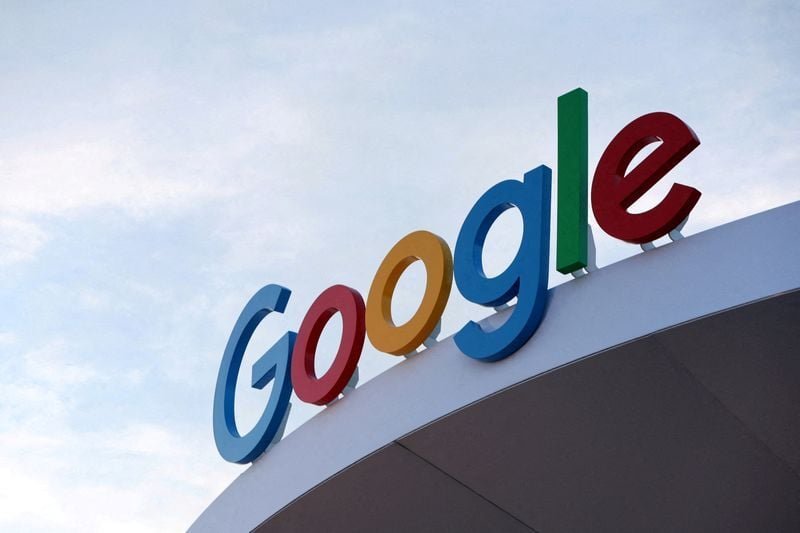
Google’s new AI Overviews gives direct answers in search results.
Rolling Stone and Billboard owner Penske sues Google over AI Overviews Threat of AI to the human brain?
A new and important legal war has broken out in the digital world. This war is being fought between the world’s largest tech company Google and a giant in the media world, Penske Media Corp. But Penske Media, which owns several media outlets including the prestigious magazines Rolling Stone and Billboard. has sued Google over its new AI Overviews feature. Also, this lawsuit is not just a case of copyright infringement. It could prove to be a milestone in determining the direction of the dissemination of internet information and human creativity in the future. And is Google’s AI trying to replace the human brain? Let’s understand this entire controversy in detail.
What is Google’s AI Overviews? on Penske sues Google
In May 2024, Google introduced a revolutionary change in its search engine and its name is AI Overviews. This feature gives the users the answer to any question directly on the search result page. Earlier, when you asked a question on Google, you would get links to various websites. And you had to click on those links and read and understand the information yourself. With AI Overviews, Google’s AI model (Gemini) directly reads, summarizes the content of these websites and also prepares the answer in the form of a neat, paragraph. Basically, the AI does all the homework on your behalf and gives you a direct conclusion. Google claims that this will save users time and they will get accurate information immediately.
The root cause of the lawsuit is stolen content and theft of revenue
Penske sues Google Media alleges that Google’s AI Overviews feature is stealing the original content written by hard work on their websites. Their argument is clear and two-fold. And copyright infringement that Google’s AI directly takes facts, information and excerpts from the articles of Penske’s websites like RollingStone.com Billboard.com without permission, without giving credit and without paying any compensation. Then it presents them in its overviews. This is a direct violation of copyright law.
Also, the biggest loss here is the loss of traffic and revenue. When the user gets the answer directly on the search result page, he has no reason to go (click) to the original website. Media companies earn money by selling advertisements through this traffic coming to their website. And if there is no traffic, then there will be no revenue. Penske alleges that Google is earning money by using their content (through the revenue model of its search engine), but is not giving the original creators their rights.
A big question Is AI detecting and changing the human brain?
This lawsuit is not just a fight for money. It touches a deep philosophical and social question. Are we creating technology that will change the process of human thinking and knowledge acquisition? But the superficialization of knowledge AI overviews only give answers to the users. Not the context. Which is when a human reads the entire article. So he is exposed to the author’s reasoning, analysis, emotions and perspective. He gets to know a complete story. Also, a brief summary of AI eliminates this context. Knowledge becomes just a cold and mechanical collection of facts. And the end of the ‘learning journey’, which has always been the beauty of the Internet in discovery.
You used to go to read an article. You saw other links in it. And you learned something new. This was a ‘learning journey’. AI overviews turn this journey into a single destination. This can limit the curiosity and exploration tendency of the human mind. And the threat to the quality of media, if media companies do not get traffic and money, how will they be able to invest in deep research, investigative journalism and creating high-quality content? The data that is needed to feed AI is currently being prepared by humans. If the creators of this data cease to exist, then from what data will AI learn in the future? This can become a self-destructive cycle.
Google side and technical arguments
Google has always claimed that its search engines benefit websites by sending them traffic. Google may have some arguments in the context of AI Overviews. Along with the ‘Fair Use’ doctrine, Google can claim that taking a small part of the content of websites and presenting it in a concise form comes under the purview of fair use. Because it is working to spread education and information in public interest. Also user experience, Google will say that their aim is only to give the best and fastest experience to the user. If AI can answer directly. Then the user will not have to open ten different links.
Links and attribution But Google also says that AI Overviews also provides links to the source of information. So that the user can read the original article if he wants. But this argument is not enough for Penske and other media houses. They believe that the limit of fair use is crossed when this use is causing the destruction of the entire business model.
Conclusion: A decisive battle for the future Penske sues Google
The Penske Media vs. Google case is not just a dispute between two companies. It is also a decisive battle for the future of the entire Internet ecosystem. Its outcome will be decisive. It will decide the value of writers, whether online original content creators will get fair value and credit for their work, as well as the ethics of AI, whether AI companies should be allowed to use others’ intellectual property without permission, and the nature of the Internet, whether the Internet of the future will become a place where AI generated summaries will be the main thing and human-created in-depth content will disappear.
Also, this matter can drag on for a long time in the court. But it has started an important debate. Development of technology is necessary. But this development should not be such that it destroys the creativity and depth of knowledge of the human mind.After all, the data coming out of human brains trains AI. So if the work and incentives of those very humans are eliminated, then from whom will AI be taught in the future? This question is a matter of thought not only for Google and Penske but for the entire humanity.
